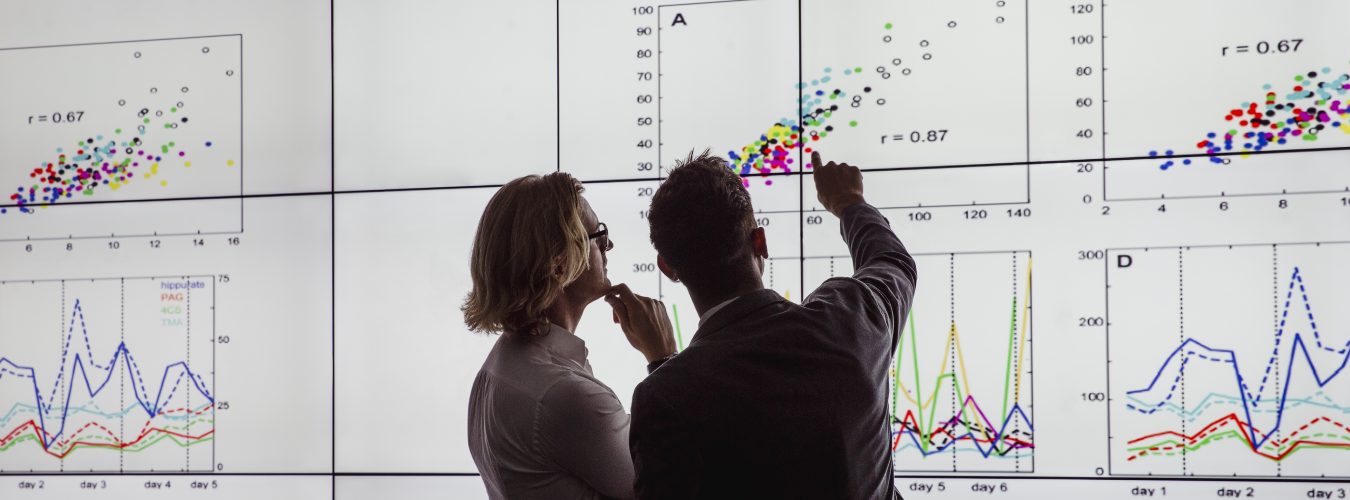
We finished a year of exciting eCoffees with an inspiring session from Dr Siobhan Lynch. Siobhan shared the story of the creation and development of the Personal Professional Development module for final year undergraduates, which is delivered predominantly online, while students are on clinical placement. Siobhan and Dr Ian Rodd have utilised a range of tools to deliver the module content in an engaging way, and their work has led to awards for teaching and for VLE provision.
The module evolved through extensive discussion involving a range of colleagues, focusing on students’ lived experience, and how this would be meaningful and practical for them. Helping prepare students for the Situational Judgement Test (SJT) is a key aspect of the module, and one that provides a way in to exploring wider issues around professionalism.
Feedback from students was incorporated into the module site as the course progressed, and after further discussions with students it has been re-designed for its second run. This included simplifying the presentation of content, for instance gathering resources together in a Sway presentation, rather than offering multiple links to these.
The module’s successful approach has put the content and learning process at the centre, and then introduced technology that best delivers this. Some of the tools used are described below.
Toolbox

Sway is included in the university’s Office 365 provision and makes it easy to create visually appealing presentations that viewers can work through at their own pace. Each block of the PPD module is introduced by a Sway package including questions for consideration, embedded audio and video clips, and instructions for follow-up activities.

Peerwise is a free platform, that allows students to submit and answer sample assessment questions. The SJT involves ordering five responses to a situation from most to least appropriate. Getting students to construct their own questions and answer each other’s helps them think more deeply about this, but also highlights that there is not always a clear-cut right answer.

After working through each block online, students meet with clinicians for group tutorials. A virtual alternative is offered through Electa, an online classroom space where students can ask questions, contribute their thoughts and discuss examples.
Podcasts in which clinicians share their experiences and challenges are an important resource in the course. Audacity‘s free audio software makes it straightforward to clean up the audio from a phone’s sound recording, keeping these simple to produce. Writing down what you plan to say helps ensure the recording process goes smoothly, and the result is what you hope for.
Video interviews with clinicians were also included; these were filmed and produced by the Digital Learning team.
Siobhan also recommended Canva as a good source for graphic design, helping enhance the course visually.
Siobhan’s treasure trove of tips and tools will give us plenty to try out over the summer! We will be back in the autumn and dates for 2018/19 eCoffee sessions will be published on http://go.soton.ac.uk/ecoffee when available.


